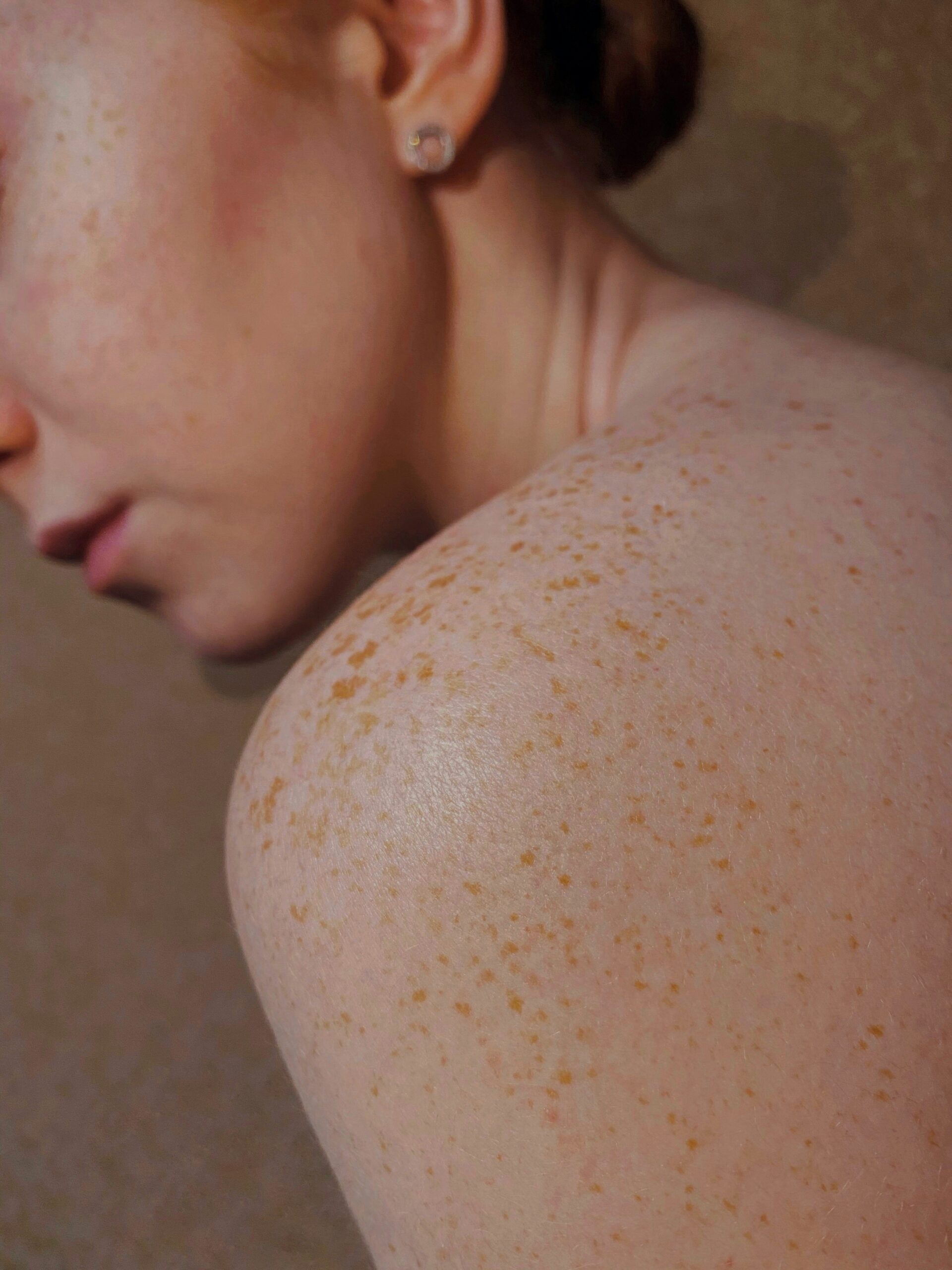Beautiful, healthy skin is more than a surface-level goal—it begins with what we feed our bodies. Skin cells rely on a steady supply of vitamins, minerals, healthy fats, and antioxidants to stay resilient and vibrant. Nutrients like vitamin C from citrus and berries support collagen production, while omega-3 fatty acids in salmon, walnuts, and chia seeds help reduce inflammation and keep skin supple. Hydration is equally important, as water carries nutrients to skin cells and flushes out toxins.
Another crucial factor for glowing skin is a balanced gut microbiome—the diverse community of beneficial bacteria in our digestive tract. A healthy microbiome supports nutrient absorption and regulates inflammation, which can directly impact skin conditions like acne, eczema, and dryness. Eating probiotic-rich foods like yogurt, sauerkraut, and kimchi, along with prebiotic fiber from foods such as garlic, onions, and asparagus, helps maintain this balance.
Limiting processed foods and excess sugar can prevent premature aging by reducing oxidative stress. By nourishing our bodies with whole, colorful foods and caring for our gut health, we give our skin the foundation it needs to glow naturally—proof that true beauty starts from within.
Key Tips for Healthy Skin:
- Eat plenty of fruits and vegetables rich in antioxidants, such as berries, spinach, and carrots.
- Include sources of healthy fats like avocados, nuts, and fatty fish to maintain skin moisture and elasticity.
- Support your gut microbiome with probiotic and prebiotic foods for better nutrient absorption and inflammation control.
- Drink enough water daily to keep skin hydrated and flush out toxins.
- Limit intake of processed sugars and refined carbs to reduce inflammation and skin aging.
- Use apps like Think Dirty, EWG’s Healthy Living, or Foodocate to help choose skin-friendly and non-toxic personal care and food products.
Skin–Gut Microbiome Connection
How the Skin Microbiome Changes with Age
Advanced genome sequencing shows that our skin microbiome shifts as we age. After about age 55, protective microbes like Propionibacterium acnes and Lactobacillus crispa decline, while species such as Corynebacterium, Streptococcus, Staphylococcus, and fungi like Aspergillus increase. These shifts may weaken immune defense, increase inflammation, and compromise the skin barrier (Frontiers, 2025).
The Gut–Skin Axis & Probiotics
Probiotics for Skin Health
Research shows growing interest in oral and topical probiotics for conditions like acne, eczema, and rosacea. Strains such as Lactobacillus plantarum, L. acidophilus, Bifidobacterium longum, and Streptococcus thermophilus may help reduce inflammation and strengthen the skin barrier (Frontiers, 2024).
Gut Microbe Metabolites & Skin Immunity
Probiotics also influence immune balance through gut-associated lymphoid tissue (GALT). This helps regulate cytokines like IL-10 and TGF-β, promoting anti-inflammatory pathways that support skin health (NCBI, 2023).
Functional Foods for Skin Barrier Support
Certain foods—like flaxseed, argan and hempseed oils, probiotic-rich dairy, green tea, and almonds—have been shown in small human studies to improve hydration, reduce water loss, smooth wrinkles, and provide sun protection (PubMed, 2023).
Botanical & Nutraceutical Advances
- Fucoidan – A seaweed compound shown to boost collagen, calm inflammation, and protect skin cells from UV damage.
- MSM (Methylsulfonylmethane) – In supplements with hyaluronic acid and L-carnosine, MSM improved hydration, elasticity, firmness, and wrinkle appearance in small randomized controlled trials.
- Aloe Vera Nanoparticles – New research from China suggests aloe vera rind-derived nanoparticles may protect against UV damage, repair tissue, and reduce DNA damage—offering a natural, affordable anti-aging option.
Lifestyle & Diet Factors
Fasting-Mimicking Diet (FMD)
A clinical trial found that FMD improved skin hydration, texture, and even boosted mood and confidence. This suggests that nutrition and lifestyle interventions can play a meaningful role in skin health (NCBI, 2023).
Stress, Hormones & Skin Health
Stress, poor sleep, and hormone imbalances can all impact skin negatively. Approaches like mindfulness, restorative sleep, balanced nutrition, and external protection (antioxidants and sunscreen) are central to functional dermatology.
Exercise
Exercise helps keep skin healthy from the inside out by improving circulation, which delivers oxygen and nutrients that nourish skin cells and give a natural glow. It also reduces stress hormones like cortisol, helping to prevent breakouts and protect collagen. Regular activity stimulates collagen production, keeping skin firmer and more elastic over time. Exercise further lowers inflammation and supports the body’s antioxidant defenses, protecting against premature aging. Together, these effects make movement a powerful way to promote vibrant, resilient skin naturally.

